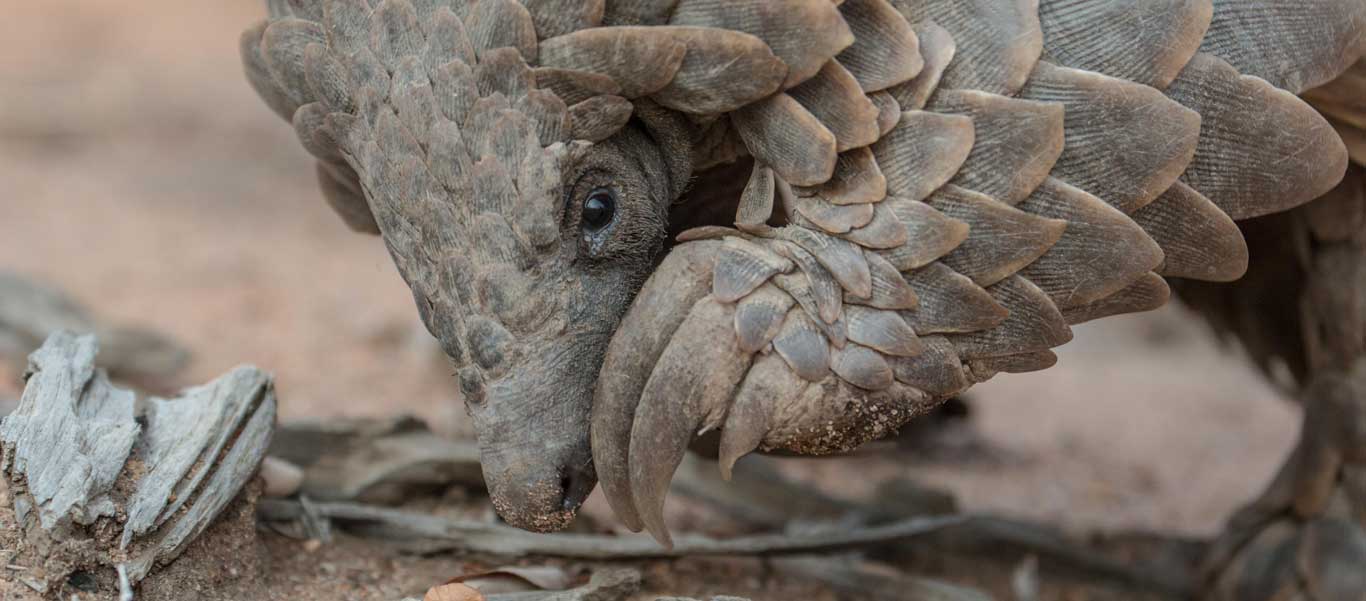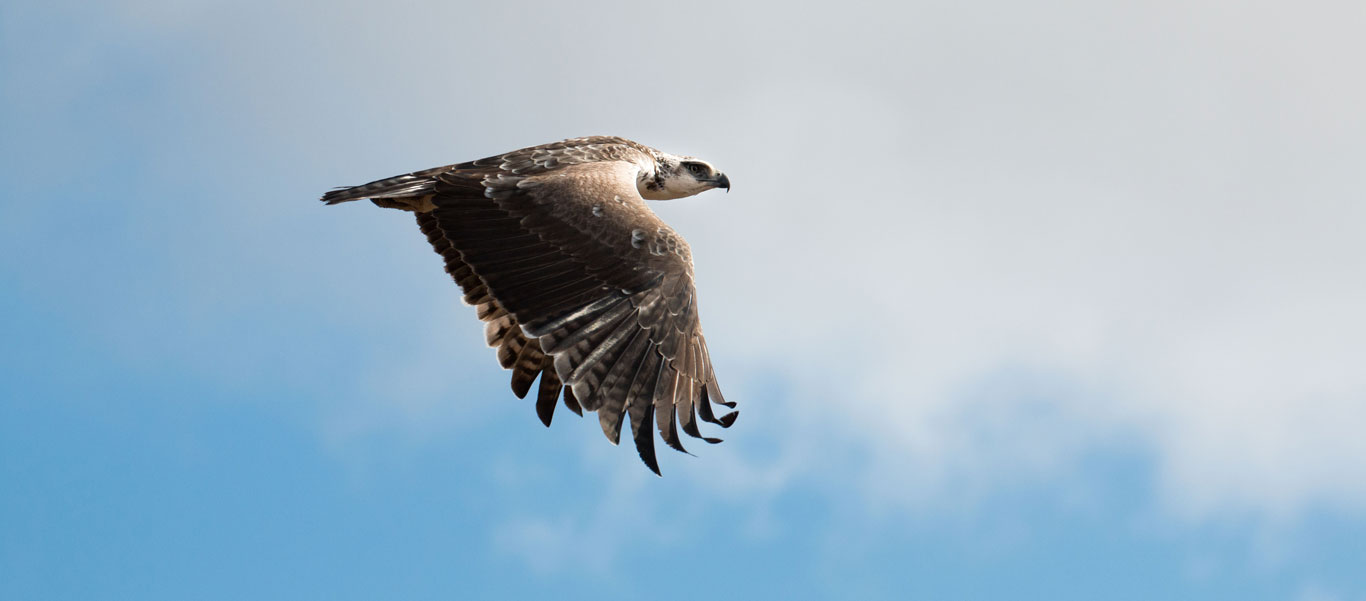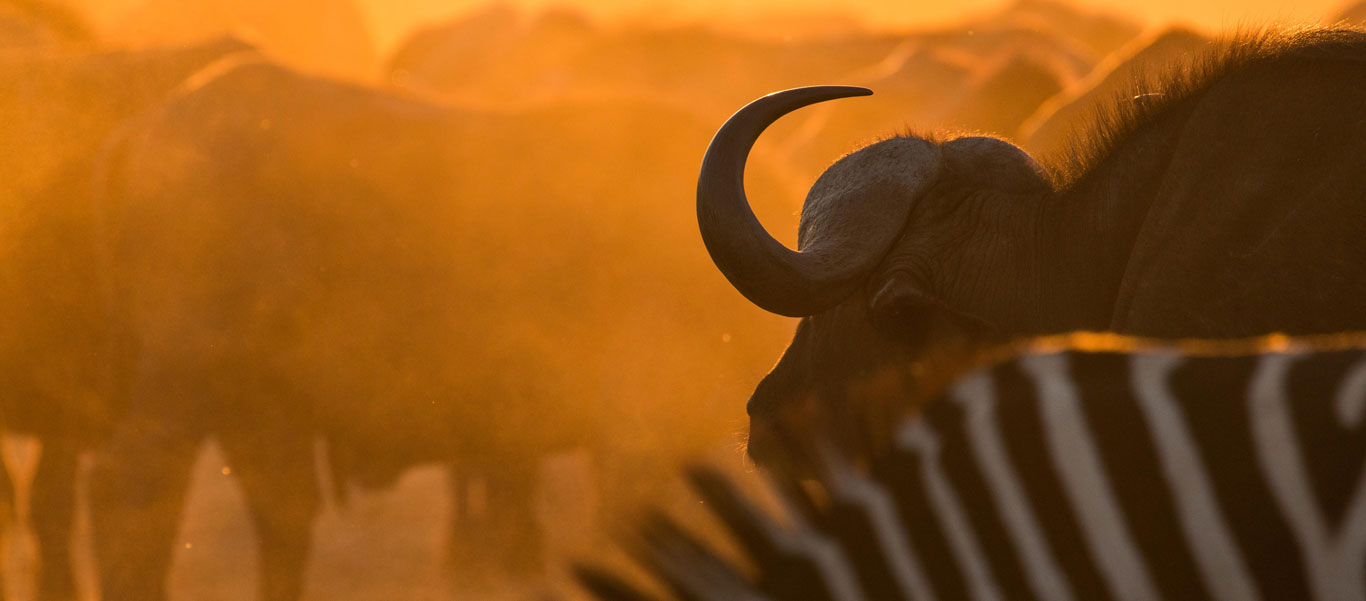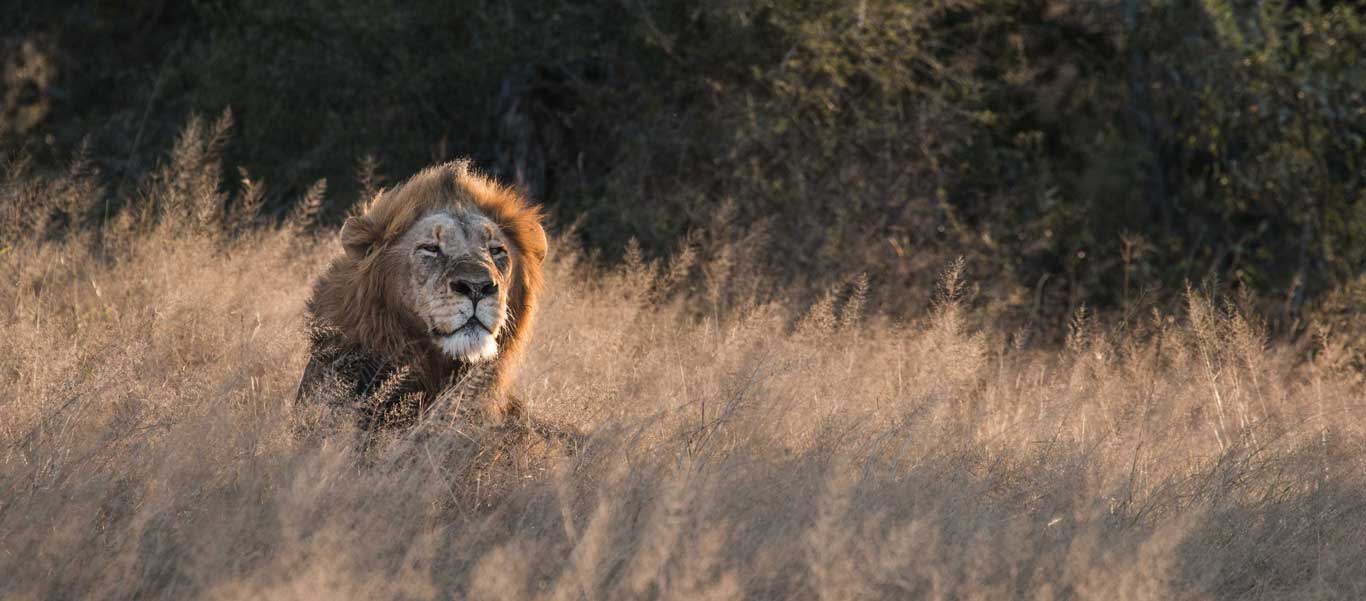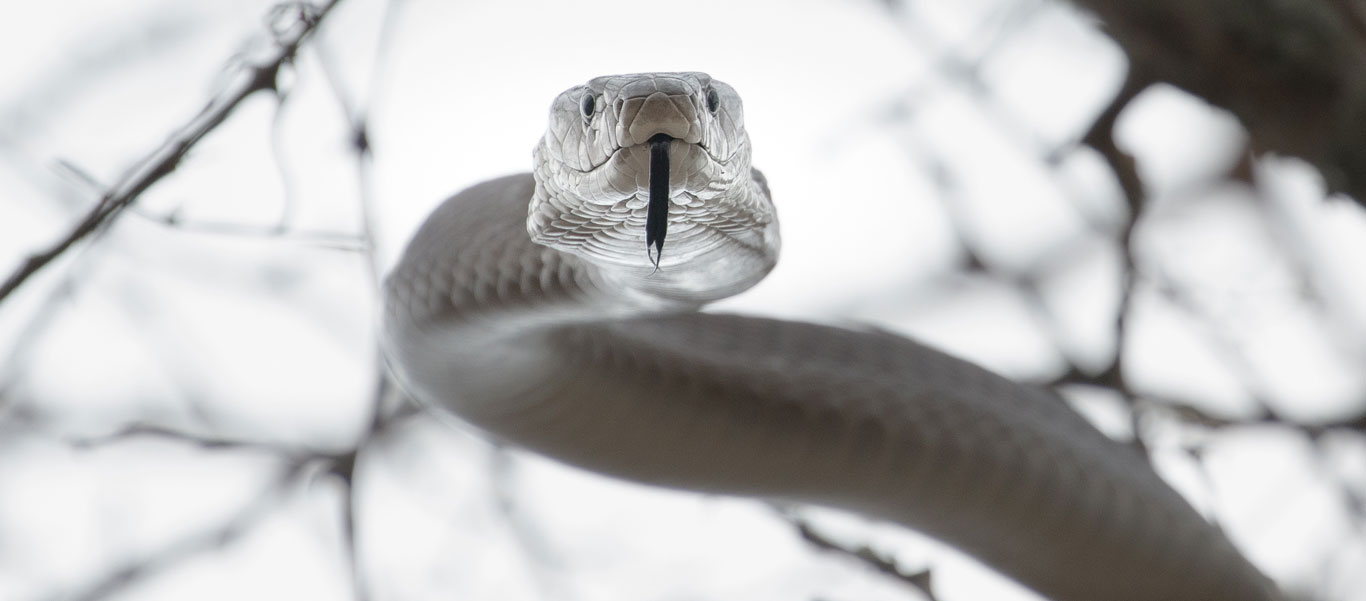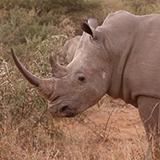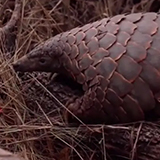
Liam Rainier
My goal as a guide is to passively and patiently observe a subject of nature until you become a part of the experience and not just a spectator. It is a privilege to be out there.
Expedition Leader Liam Rainier
Liam Rainier grew up in bustling Pretoria, South Africa, where his family found every opportunity to get away from the city and explore nature. Consequently, Liam’s love for the wilderness was instilled in him at an early age—his father’s own adoration of nature fueled a steady exposure to new landscapes and exciting wildlife.
After earning his Bachelor of Science degree from the University of Pretoria, Liam followed his life-long passion for exploring the natural world. He has spent the last decade as a naturalist guide in the bushveld—the sub-tropical woodland ecoregion of Southern Africa—a landscape Liam knows intimately. He loves nothing more than to share his knowledge and passion for animals and their behavior. His excitement and pure joy of experiencing wildlife sightings, big or small, is contagious. Liam has a deep love for walking in any natural environment, whether he’s expertly tracking a leopard in the bushveld, silently trailing a breeding herd of elephants, or intently listening to bird calls in a forest canopy—nothing enraptures the senses more.
“When you’re alone and in nature, you are forced to use all your senses, not because you have the choice—it just happens. It’s more than what you can see with your eyes—you have to hear it and smell it… and feel it.”
Liam's knowledge of and passion for the flora and fauna of the area was incredibly infectious and made each drive even more memorable—he even found time to give us helpful photography tips! We really can't express how impressed we were with him.
--Daniel J., United Kingdom
Liam's Expeditions
Secret South Africa (August 10 - 23, 2024) 
An insider’s guide to the best South Africa has to offer: dramatic scenery, outstanding wildlife, endemic flora, and fascinating cultural history.
Bali to Cairns (October 13 – November 1, 2024) 
Experience Komodo Dragons, Whale Sharks, Birds of Paradise, and the richest coral reefs on Earth, on an epic traverse across Indonesia’s remote eastern provinces.
India: Tigers & Snow Leopards (February 9–25, 2025) 
Join a quest for India’s most charismatic big cats—Bengal Tiger in Kanha’s magnificent Sal forests and the elusive Snow Leopard in the high Himalayas.
Congo & Central African Republic (July 23 – August 4, 2025) 
Lowland Gorillas highlight a plethora of primates, plus pangolins, Forest Buffalo, Bongo, and the world’s greatest gathering of Forest Elephants.
Zambia & Malawi (August 21 – September 3, 2025) 
Explore Zambia’s waterways along the mighty Zambezi and Luangwa rivers to discover untouched wilderness before uncovering Lake Malawi’s rich diversity in tropical clear waters.
Explore Ghana’s savanna national parks and rainforest reserves on a quest for the top wildlife attractions of West Africa: pangolins, primates and Picathartes.
Ethiopia (November 2 – 18, 2025) 
Fabled history and majestic scenery on the "Rooftop of Africa" combines with fascinating wildlife and jaw-dropping tribal culture for this comprehensive exploration.
Seek Africa’s iconic wildlife at four distinct private conservancies where the savannah remains wild. A Kenyan journey evoking the flavor of old safari days.
Ask Liam a question about his upcoming expeditions?
Get in TouchGeographical Adaptation
The ability to adapt to different environments is what determines survival. You may come across animals of the same species, but their behavior in contrasting habitats may differ entirely, due to factors such as food supply and competition. When going on safari in different regions, it is important to keep this in mind. You may encounter some of the same animals you've seen before, but pay close attention. They may behave quite different than what you'd expect.

